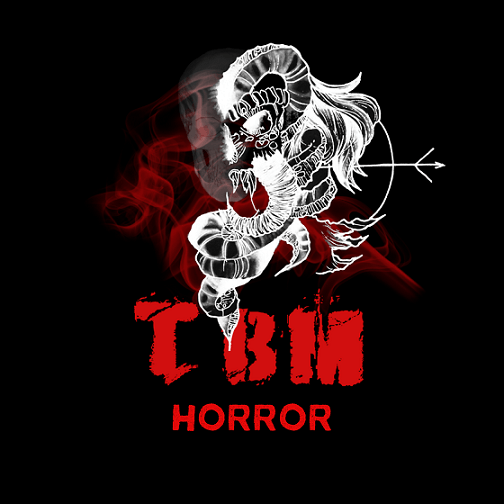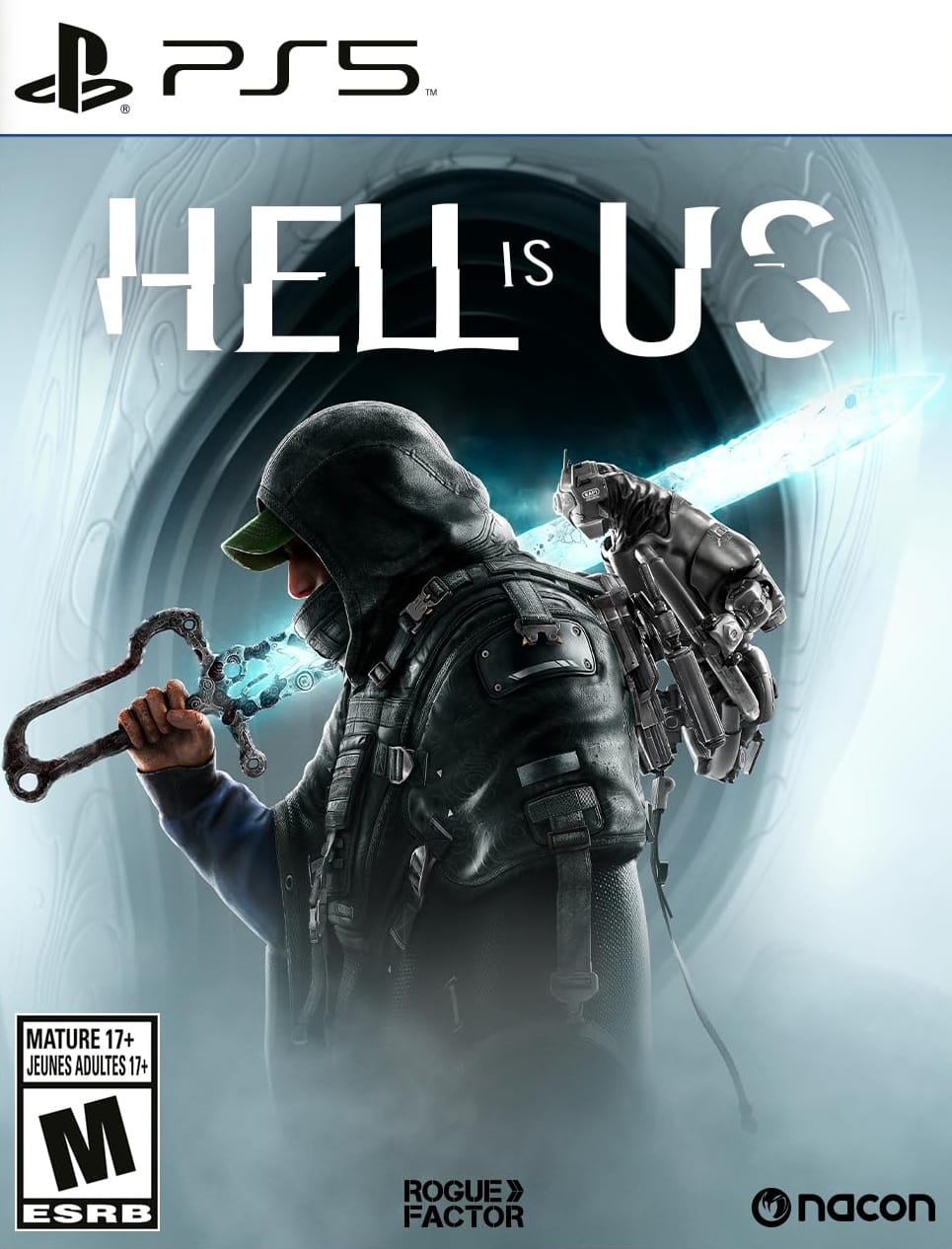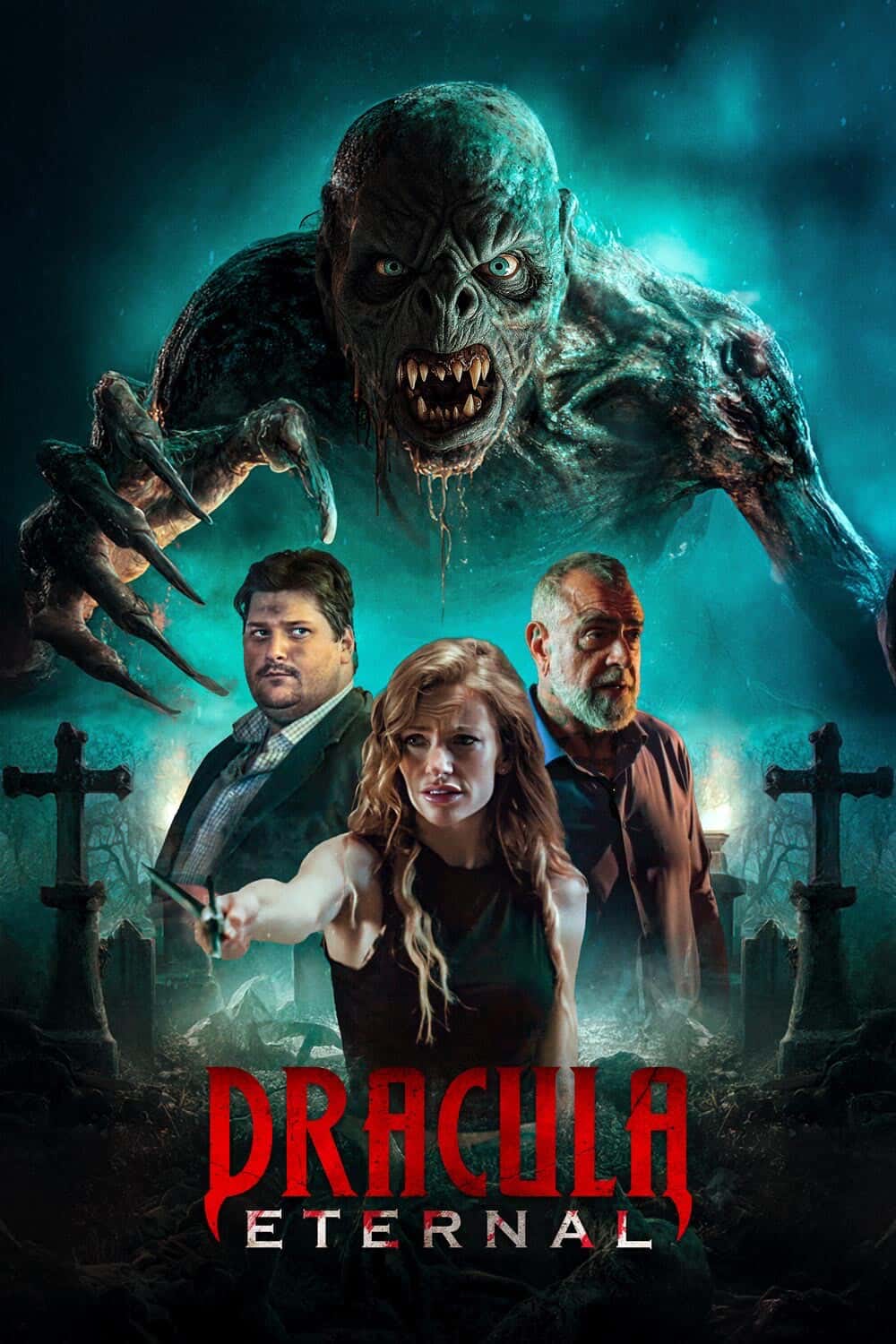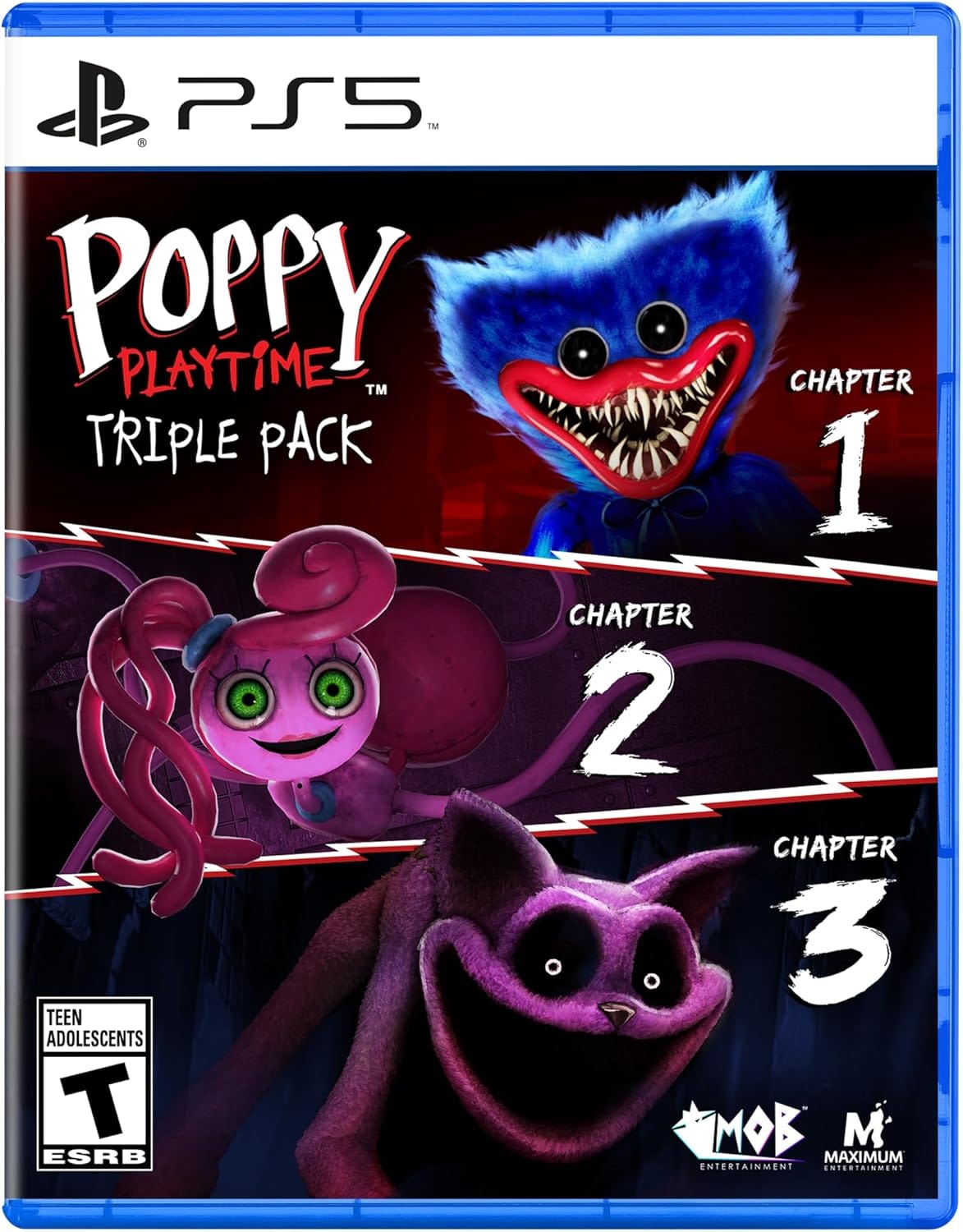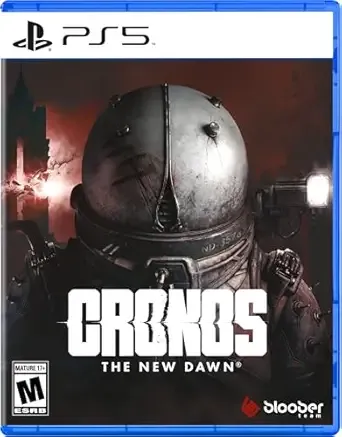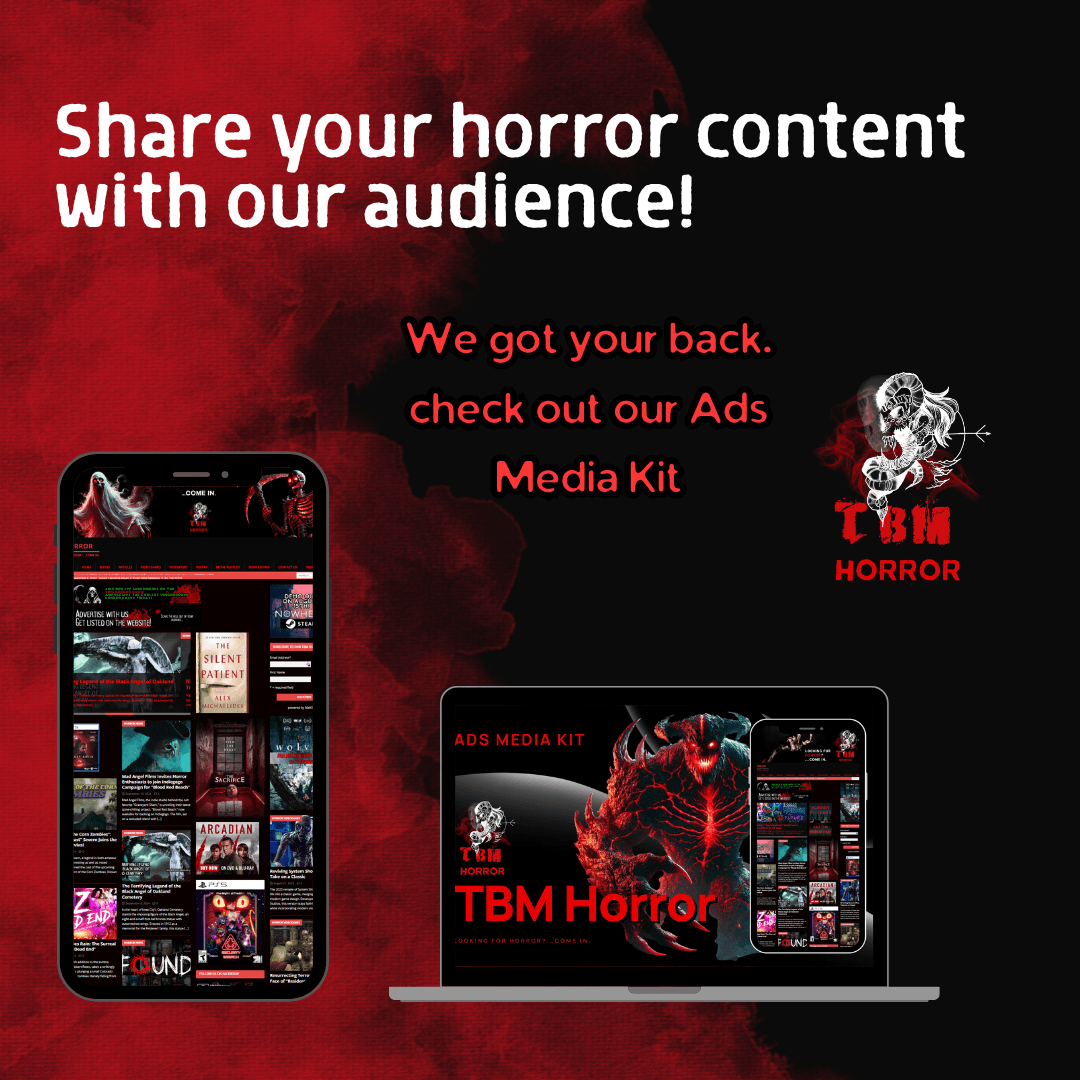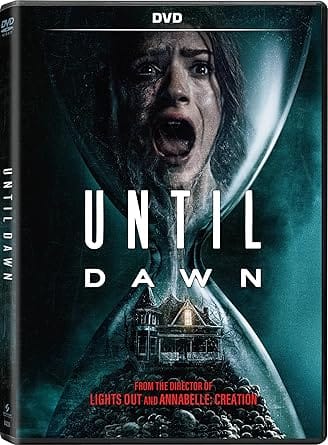Horror News
The Best Underground Horror
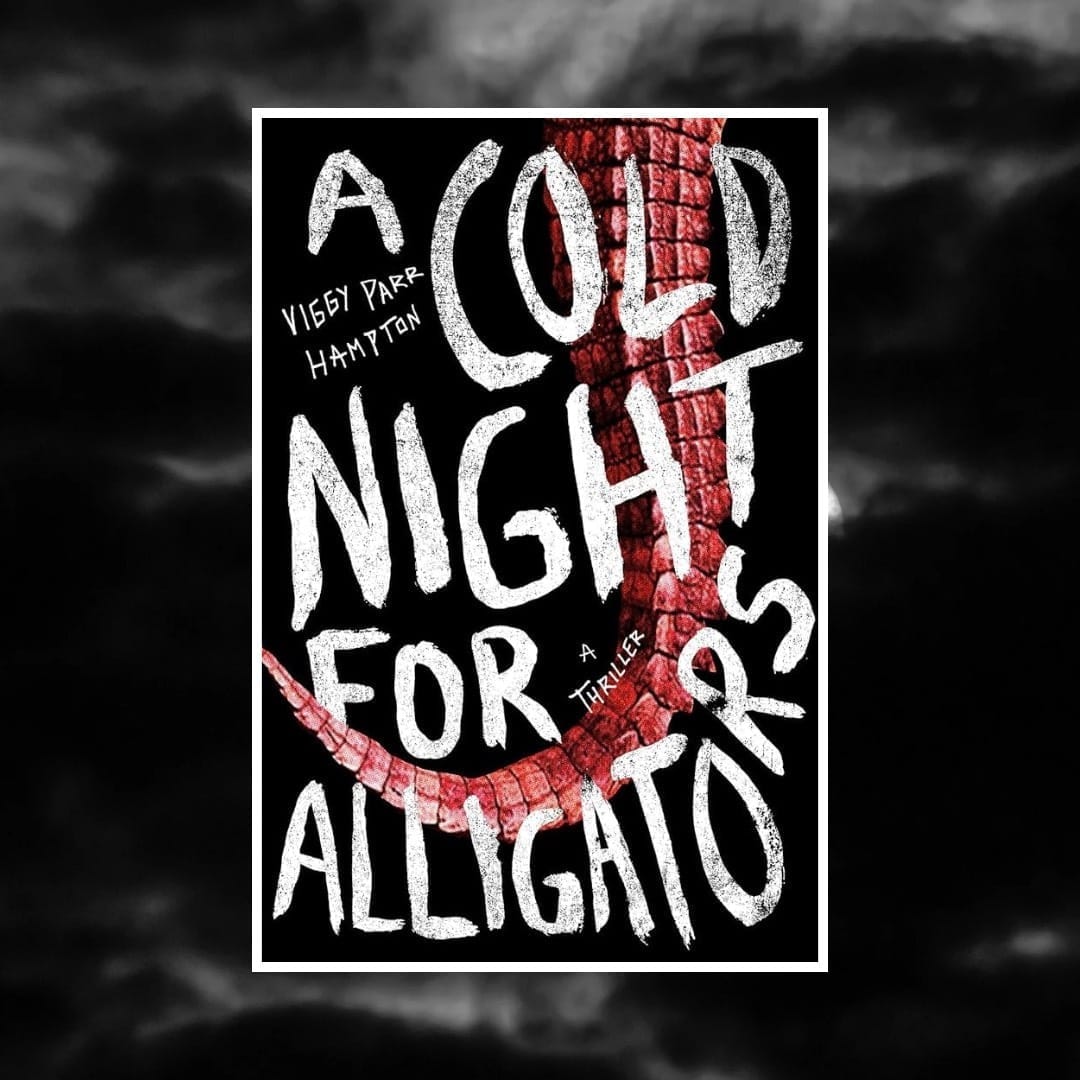
Viggy Parr Hampton is a horror author, who has published two books as of writing, “A Cold Night for Alligators” and “Much Too Vulgar.” I first met Viggy when she was a guest on the “Midnight Terrors Podcast,” where we discussed various movies depicting viral outbreak scenarios.
Being the terrible reader I am, I picked up “A Cold Night for Alligators” when it came out, read the first few chapters then got distracted and did not revisit it for about six months. Boy am I glad I went back to this one.
The plot: A determined CDC epidemiologist goes rogue to tackle a mysterious outbreak in Savannah, only to find himself entangled with a pair of urban explorers and a dangerous, tortured soul in an abandoned theme park where dark forces stir.
After reading this book, I had to talk with Viggy about it. She was gracious enough to take the time to answer some of my burning questions.
R. Jacob Honeybrook: Let’s start with the setting of “A Cold Night for Alligators.” In your author bio you state you were inspired to write about Georgia from your time in school there. But what made you want to set this story at Gullywasher’s, an abandoned amusement park?
Viggy Parr Hampton: For as long as I can remember, abandoned places have fascinated me. Whether it’s houses, schools, hotels, libraries, or anything in between, these places always look like the people left in a hurry. Seeing an abandoned place instantly makes my mind conjure up a story—Who lived or worked here? Why did they leave? What made them leave these things behind?
I think an amusement park makes those questions burn even brighter, because these are places that are meant to be bastions of happiness, the vacation destinations for a carefree day. I just love the juxtaposition of something so family-centered and fun with the haunting, derelict nature of abandonment—which is why I set this novel at the (fictional) theme park Gullywasher’s of Georgia.
RJH: When you appeared on the “Midnight Terrors Podcast,” we talked about outbreak/virus horror. While “A Cold Night for Alligators” does focus on an outbreak, it is more small-scale, only affecting about a dozen people. Why choose this more contained scenario as opposed to a global epidemic?
VPH: With a global epidemic, there’s not one geographic spot someone can point to and say, ‘Hey, Epidemic Intelligence Service team, go there and figure it out.’ The outbreak is everywhere, which also, in a way, means it is nowhere—there’s no easy place to start with your investigation. With a more contained outbreak—in this case a point-source outbreak, in epidemiology terms—the mystery is more tangible. There’s a sense of claustrophobia, almost, and you can think about the outbreak like a puzzle. There’s not as much panic involved, either, which makes it more of a mind game and less of an apocalypse.
RJH: Let’s talk about the characters. Sam, a CDC employee, and her boss, Lucas, have a stressful dynamic. Lucas is continually sexually harassing Sam. Why did you choose to write their relationship this way, instead of one based on mutual respect?
VPH: To be honest, in the first draft, Lucas and Sam were in a relationship. And you know what? It was so…. boring. There was no zip to their conversations, and their relationship was far too saccharine. I wanted every facet of this book to be interesting, so that you didn’t want to skip over chapters from Sam’s point of view.
Also, I based a bit of this relationship off of something that really happened to me while I worked at the CDC. One day, in my cubicle, I got an instant message over the internal CDC messenger system. It was someone who I’d never met before, who eventually asked me for my number and to go out on a date. I was feeling adventurous, so I said yes to what was essentially a blind date. It didn’t go anywhere, and the guy was nothing like Lucas, but the experience stuck in my head because it was so incredibly strange!
RJH: I was fascinated by the antagonist, Leona. She had a troubled life yet found solace in ‘helping’ others with her special black tar heroin. Being kicked around all her life, I found it easy to empathize with her. Can you share some of the inspiration behind her and what you think goes into creating a compelling horror antagonist?
VPH: With Leona, I wanted to write about somebody who had absolutely hit rock bottom, and then fell even further. I wanted to see just how far she could fall, and that turned out to be a very, very long fall.
That being said, I think it’s crucial to have a somewhat morally gray horror antagonist, or at least give some sort of origin story. I want readers to empathize with my antagonists, at least in some small way, so that no single character is all bad or all good—because no single human is all bad or all good. Everybody is at least a little bit morally gray, and I want my characters to feel like real people instead of caricatures of villains. Plus, I feel like when you empathize with a character, you can better understand their actions, which makes the entire story more believable. It also makes my readers question their own sense of morality, which I think is an essential element of the horror genre.
RJH: In your book, there is the idea that a place can simply be evil, similar to Stephen King’s “Pet Sematary.” Why go this route instead of the more traditional haunted by an evil spirit or demon?
VPH: Don’t get me wrong, I’ve read tons of books with excellent spirits or demons, but I always find it more chilling when a place is just… evil. Whether because of a gruesome history or something buried deep in the earth, evil places evoke a deeper kind of fear for me, something more primal. You can wrap your mind around a spirit or a demon, and there are ways to try to defeat them—exorcism, for instance. With a place that’s just evil by nature, there’s not a lot you can do. There is no easy end to the horrors, which is something I find intriguing.
RJH: If someone were to ask me what this book is like, I’m not sure how I would answer that. It doesn’t seem to fit perfectly into any subgenre of horror. There are psychological elements to it, some body horror and the outbreak. How would you describe the type of genre/style you conveyed?
VPH: I’ve heard this described as ‘supernatural body horror,’ which I think fits to some degree, but you’re right. There’s psychological horror, there’s supernatural elements, there’s action and adventure, there’s medical horror… there’s a lot going on, which was very purposeful. I wanted this book to be a kind of collage of all the things that I find especially terrifying, and I wanted there to be something in the book for everybody. If horror books were ice cream flavors, this one would be Neapolitan—you’ve got your chocolate, your vanilla, and your strawberry. Everybody’s happy!
RJH: SPOILER WARNING By the end of the book, some of the supernatural elements are explained, while others are left a mystery. It’s a delicate balance in horror, deciding how much to reveal. How did you determine what you wanted to explain and what to leave unanswered?
VPH: That’s a great question, and one I still struggle with. Personally, I love at least a little bit of the horror to remain a mystery, because I firmly believe that the best person who can scare you is yourself. By leaving some of the terror to the reader’s own mind, the reader is sure to fill in the blanks with whatever they find scariest. When things are fully explained, they rarely succeed in completely terrifying the reader, in my opinion. You want to leave readers a breadcrumb trail and let them follow it to their own version of the witch’s house in the woods.
RJH: SPOILER WARNING After reading a book, I like to think about the themes it contains. For this one, I kept going back to the idea of freedom. Leona ends up at Gullywashers, trying to break free from her troubled past. Dr Gruber feels chained to his desk job and finds freedom in investigating the outbreak, and by the end we see Sam, free of Lucas in her life. Was freedom a theme you were thinking of when you wrote this? What are some other topics/ideas you explored in this one?
VPH: Now that you mention that, it seems so obvious to me, but at the time freedom wasn’t something I was consciously injecting into the book. I wrote this book while I was stuck in a corporate job that left me anxious and unfulfilled. I would write chapters on my lunch breaks or in between meetings, as a sort of escape hatch. In light of your question, it seems so straightforward—of course I was writing about freedom, because I desperately wanted that for myself!
As for what I consciously explored in the book, I was interested in bringing together several different people with different motives, agendas, backgrounds, and personalities, united only by the strange environment they find themselves in, to see what might happen. I wrote this book without an outline, ‘pantsing’ it, so to speak, so the twists and turns of the story were not planned out in advance. I let the story take me where it wanted to go, and I have to say—it was the most fun ride I’ve ever been on.
Check out “A Cold Night for Alligators” and “Much Too Vulgar.” You can also visit Viggy’s website for more information.
